Home>Garden Essentials>How Long Does It Take Fescue To Germinate


Garden Essentials
How Long Does It Take Fescue To Germinate
Modified: August 17, 2024
Learn how long it takes for fescue to germinate in your garden. Tips and advice for successful seed germination.
(Many of the links in this article redirect to a specific reviewed product. Your purchase of these products through affiliate links helps to generate commission for Storables.com, at no extra cost. Learn more)
Introduction
Welcome to the world of gardening, where the beauty and serenity of nature flourish. If you’re looking to add some greenery and life to your surroundings, fescue grass can be a fantastic choice. However, before delving into the details of how long fescue takes to germinate, let’s first understand what germination is and why it is crucial for successful gardening.
Germination is the process by which a seed grows and develops into a new plant. It involves the activation of a seed’s nutrients and the emergence of the embryo, finally resulting in the growth of roots, stems, and leaves. For fescue, a popular cool-season grass, germination is the first step towards establishing a lush and vibrant lawn.
Proper germination plays a vital role in the success of your gardening efforts. It determines how quickly your fescue grass will sprout and start developing into a full-grown and healthy plant. Understanding the factors that influence fescue germination time can help you make informed decisions and take appropriate steps to expedite the process.
In this article, we will delve into the factors that affect fescue germination, average germination times, and tips to promote successful germination. We will also discuss factors that can lead to delayed germination. So, sit back, relax, and let’s explore the world of fescue germination together.
Key Takeaways:
- Fescue grass takes 7 to 21 days to germinate, needing optimal temperature, moisture, and soil conditions. Patience and proper care are key to a successful fescue lawn.
- Factors like extreme temperatures, drought, and poor soil prep can delay fescue germination. Understanding and addressing these factors is crucial for a healthy lawn.
Understanding Fescue Germination
Before we dive into the intricacies of fescue germination, it’s important to have a solid understanding of the process itself. Fescue, a cool-season grass, has specific requirements for germination to take place.
Germination begins when the fescue seed absorbs water and swells. This activates the seed’s enzymes, triggering biochemical reactions that break down stored nutrients and allow the developing plant to access them. Gradually, the root begins to emerge from the seed, followed by the shoot that develops into the blades of grass.
Fescue grasses have a unique structure called an endosperm, which acts as a protective covering around the seed. This endosperm is responsible for maintaining the seed’s moisture content and providing a protective barrier against environmental stressors.
During the germination process, fescue grass requires specific conditions to grow successfully. These include adequate moisture, optimal soil temperature, and good seed-to-soil contact. Factors such as air temperature, soil composition, and the presence of sunlight also play a role in determining the germination success rate.
It’s important to note that different varieties of fescue may have slightly different germination requirements. Some varieties, such as tall fescue (Festuca arundinacea), have a higher germination rate, while others, like fine fescue (Festuca rubra), may have a slower germination rate.
Now that we have a basic understanding of fescue germination, let’s explore the factors that can influence the time it takes for fescue to germinate.
Factors Affecting Fescue Germination Time
The time it takes for fescue to germinate can vary depending on several factors. Understanding these factors will help you set realistic expectations and take appropriate measures to promote faster germination. Let’s take a closer look at the key factors:
- Temperature: Fescue grasses thrive in cooler temperatures, around 60 to 75 degrees Fahrenheit (15 to 24 degrees Celsius). Optimal soil temperature for fescue germination is typically between 50 and 65 degrees Fahrenheit (10 and 18 degrees Celsius). If the temperature falls outside this range, germination may be delayed.
- Moisture: Adequate moisture is essential for fescue germination. The soil should be consistently moist but not waterlogged. It’s crucial to water the area regularly to keep the soil moisture level consistent. If the soil becomes too dry, germination may be delayed or even halted.
- Soil conditions: Fescue grasses prefer well-draining soil that is rich in organic matter. Soil pH should be around 6.0 to 7.0 for optimal germination. If the soil is compacted or contains a high clay content, it can hinder the germination process and lead to slower growth.
- Seed quality and freshness: The quality and freshness of the fescue seeds play a crucial role in germination success. It’s important to purchase high-quality seeds from reputable sources. Older or poor-quality seeds may have a lower germination rate and take longer to sprout.
- Sowing depth: The depth at which you sow fescue seeds can impact germination time. Ideally, fescue seeds should be sown at a depth of 1/4 to 1/2 inch (0.6 to 1.3 cm). If they are buried too deep, they may struggle to reach the surface, resulting in slower germination.
- Sunlight: Fescue grasses prefer partial shade to full sun exposure. While sunlight is important for photosynthesis and growth, excessive heat and direct sunlight can dry out the soil and inhibit germination. Providing some shade during the hottest parts of the day can help promote successful germination.
By taking these factors into consideration and providing optimal growing conditions, you can help promote faster and more successful fescue germination. However, it’s important to keep in mind that germination can still take time. Let’s explore the average time it takes for fescue to germinate in the next section.
Average Time for Fescue Germination
The time it takes for fescue grass to germinate can vary depending on the factors mentioned earlier, such as temperature, moisture, and seed quality. On average, fescue grass can take anywhere from 7 to 21 days to germinate.
It’s important to note that germination is a gradual process, and you may see a staggered emergence of seedlings over time. Some fescue seeds may sprout within a week, while others may take a bit longer.
The optimal temperature range for fescue germination is between 50 and 65 degrees Fahrenheit (10 and 18 degrees Celsius). If the temperature is on the lower end of this range, germination may be slower. Conversely, if the temperature is too high, it can also delay germination.
Proper watering is crucial for fescue germination. The soil should be kept consistently moist throughout the germination period. This can be achieved by watering lightly every day or every other day, depending on the weather conditions.
It’s important to be patient and not be discouraged if you don’t see immediate results. Fescue grasses have a slower germination rate compared to some other grass species. However, with proper care and maintenance, you will start to see the seedlings emerge and grow into a beautiful lawn.
If you’re unsure about the progress of germination, you can perform a simple test. Gently dig a small area of soil to see if any seeds have started to sprout. This will give you an idea of how the germination process is progressing.
Remember, fescue germination is influenced by various factors, and individual results may vary. While some seeds may germinate within a week, others may take longer. Providing optimal growing conditions and regular monitoring will increase the chances of successful germination.
Now that we have covered the average germination time for fescue grass, let’s explore some tips for promoting successful germination.
Fescue grass typically takes 7-14 days to germinate. Keep the soil consistently moist during this time to help the seeds germinate successfully.
Tips for Promoting Fescue Germination
To encourage successful and timely germination of your fescue grass, here are some helpful tips and practices to follow:
- Prepare the soil: Before sowing fescue seeds, prepare the soil properly. Remove any weeds, rocks, or debris that may hinder germination. Loosen the soil to improve aeration and drainage. Adding organic matter, such as compost, can help improve soil structure and provide nutrients.
- Sow at the right time: Choose the best time to sow your fescue seeds based on your climate. Fall is generally the best time for fescue seed germination in many regions. The soil temperature is cooler, and there is typically more natural precipitation. However, you can also sow in early spring if conditions are suitable.
- Maintain consistent moisture: Adequate and consistent moisture is crucial for successful germination. Water the soil lightly to keep it consistently moist but not saturated. Avoid overwatering, as it can lead to fungal diseases. Consider using a sprinkler or irrigation system for even coverage.
- Monitor the weather: Keep an eye on the weather forecast during the germination period. If there are extended periods of heavy rain or excessive heat, adjust your watering schedule accordingly to maintain the optimal moisture level. Consider using shade cloth to protect the newly planted area from scorching sun or extreme temperatures.
- Provide fertilizer: After the fescue grass has emerged, apply a slow-release fertilizer specifically designed for seedlings. This will provide essential nutrients that support growth and help the newly sprouted seedlings establish a strong root system.
- Mow with care: Once the fescue grass has reached a height of 3-4 inches (7-10 cm), it’s time to give it its first mow. Set your lawnmower blades to a higher setting to avoid cutting the grass too short, as this can stress and weaken the young plants. Gradually reduce the mowing height to the desired length as the lawn becomes established.
- Maintain proper care: Regular maintenance practices such as watering, fertilizing, and mowing will help the fescue grass grow into a lush and healthy lawn. Provide consistent care, including proper irrigation and regular fertilization, to promote ongoing growth and maintain the overall health of the grass.
By following these tips, you can create optimal conditions for fescue germination and ensure the successful establishment of your fescue lawn. However, it’s important to be patient and give the grass time to grow and fill in any bare spots.
Now that we’ve explored some tips for promoting fescue germination, let’s take a look at some factors that can potentially delay the germination process.
Read more: How Long For Sheep Fescue To Germinate
Factors That Can Delay Fescue Germination
While fescue grass has a relatively consistent germination timeline, there are several factors that can potentially delay the process. Being aware of these factors will help you identify any issues and take appropriate measures to overcome them. Here are some common factors that can delay fescue germination:
- Extreme temperatures: Both excessively high and low temperatures can slow down the germination process. If the soil temperature is too cold, fescue seeds may remain dormant. Conversely, if the temperature is too hot, it can inhibit germination. It’s important to wait until the soil temperature is within the optimal range before sowing your fescue seeds.
- Drought conditions: Insufficient moisture can significantly delay germination or even prevent it altogether. If the soil becomes dry or if there is a prolonged period of drought, the fescue seeds may struggle to absorb enough water to initiate germination. Consistent watering is crucial to support successful germination.
- Competing weeds: Weeds can pose a threat to fescue germination by competing for resources such as sunlight, water, and nutrients. If the area where you’ve sown the fescue seeds is overrun with weeds, it can hinder their growth and delay germination. Proper weed control practices such as manual removal or targeted herbicide application can help mitigate this issue.
- Low-quality seeds: The quality and freshness of fescue seeds can impact germination success. Older or poor-quality seeds may have a lower germination rate or a longer germination period. It’s important to purchase high-quality seeds from reputable sources to ensure the best chances of successful germination.
- Poor soil preparation: Inadequate soil preparation can hinder germination by impeding proper seed-to-soil contact. If the soil is compacted or lacks nutrients, it may be more challenging for the fescue seeds to establish roots and germinate. Thoroughly preparing the soil before sowing the seeds will help create an optimal environment for germination.
- Poor watering practices: Inconsistent or incorrect watering practices can delay fescue germination. Overwatering can lead to waterlogged soil conditions, suffocating the seeds and hindering their growth. On the other hand, underwatering can cause the soil to dry out, preventing proper seed hydration and germination. It’s crucial to find the right balance and provide consistent moisture for successful germination.
By understanding and addressing these factors, you can overcome potential delays in fescue germination and set the stage for a healthy and thriving lawn.
Now that we’ve covered the factors that can potentially delay fescue germination, let’s conclude our article.
Conclusion
Congratulations! You’ve now gained a deeper understanding of fescue germination and the factors that can impact its timing. With this knowledge, you are well-equipped to embark on your journey to establish a beautiful fescue lawn.
Remember, fescue germination is influenced by various factors, including temperature, moisture, soil conditions, and seed quality. By providing optimal growing conditions, such as the right temperature range, consistent moisture, well-prepared soil, and high-quality seeds, you can promote faster and more successful germination.
Be patient during the germination process, as fescue grasses have a slower germination rate compared to some other grass species. Monitor the weather, adjust your watering schedule accordingly, and provide adequate shade to protect the newly planted area from extreme temperatures. Regular maintenance practices, including fertilization and proper mowing techniques, will ensure the ongoing health and vitality of your fescue lawn.
While fescue germination can take anywhere from 7 to 21 days on average, individual results may vary. Factors such as temperature fluctuations, drought conditions, weed competition, seed quality, and poor soil preparation can potentially delay germination. It’s important to identify and overcome these challenges to promote successful fescue germination.
Lastly, remember to enjoy the process of creating your fescue lawn. Gardening is a journey filled with learning, patience, and rewards. Embrace the beauty and tranquility that a lush fescue lawn can bring to your outdoor space.
So, roll up your sleeves, put on your gardening hat, and get ready to witness the wonders of fescue germination. Happy gardening!
Frequently Asked Questions about How Long Does It Take Fescue To Germinate
Was this page helpful?
At Storables.com, we guarantee accurate and reliable information. Our content, validated by Expert Board Contributors, is crafted following stringent Editorial Policies. We're committed to providing you with well-researched, expert-backed insights for all your informational needs.
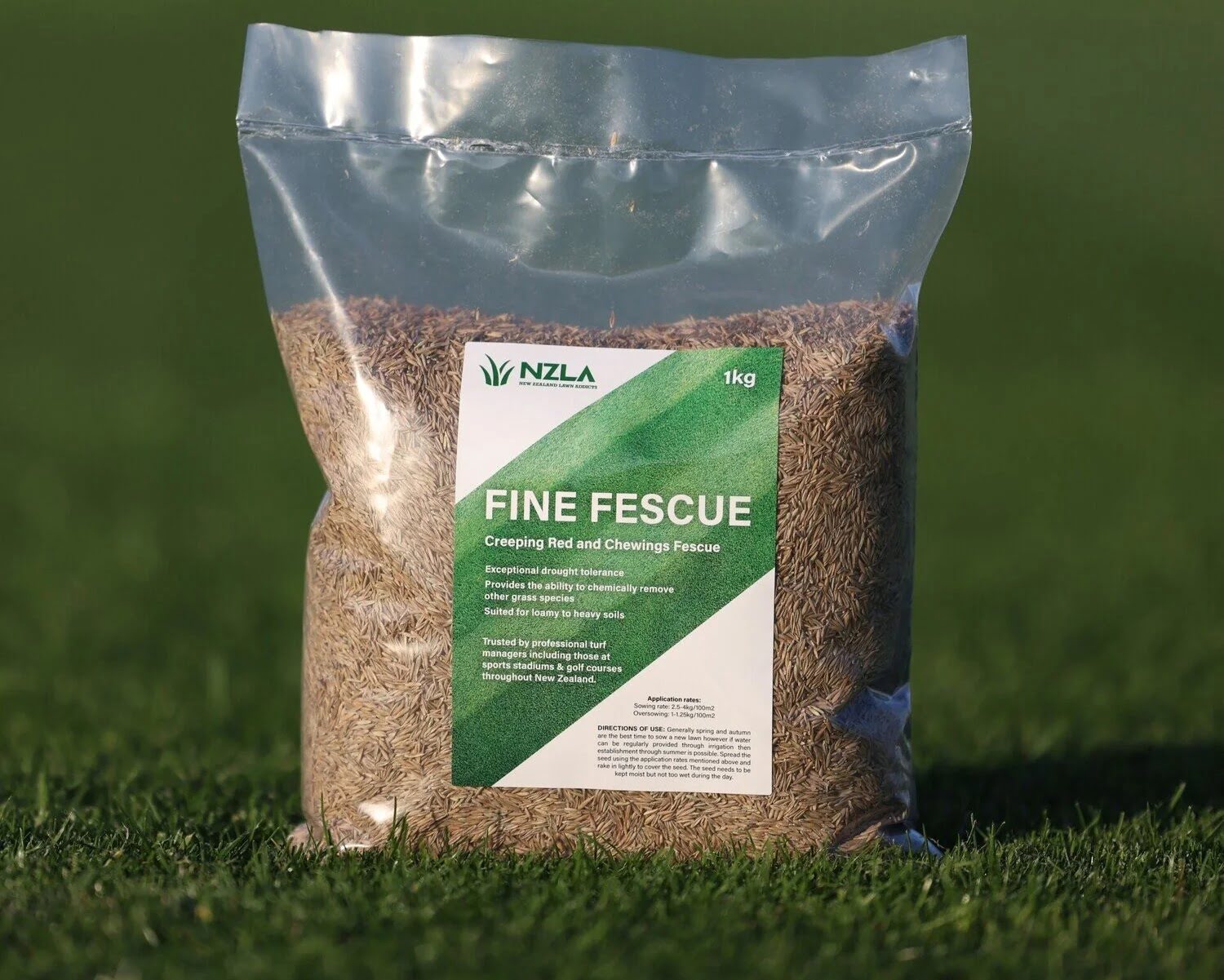
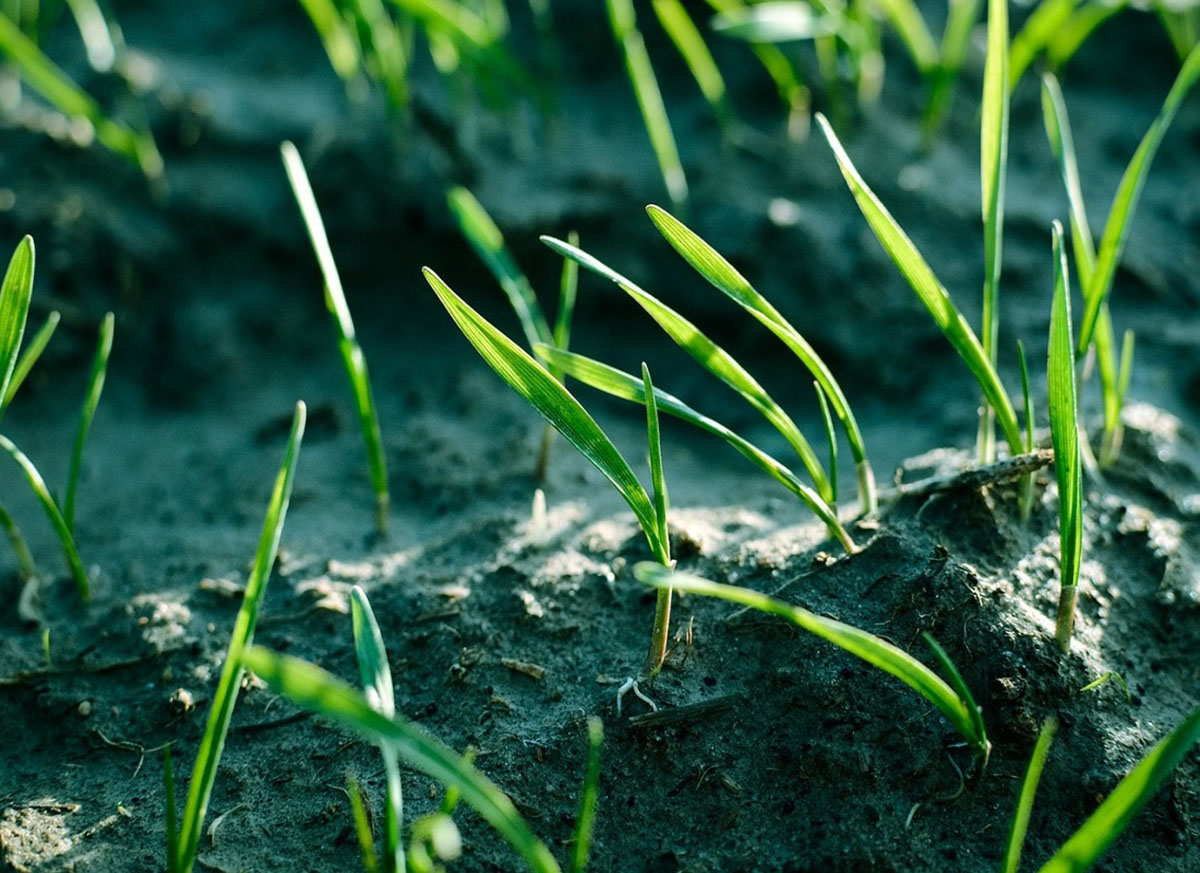
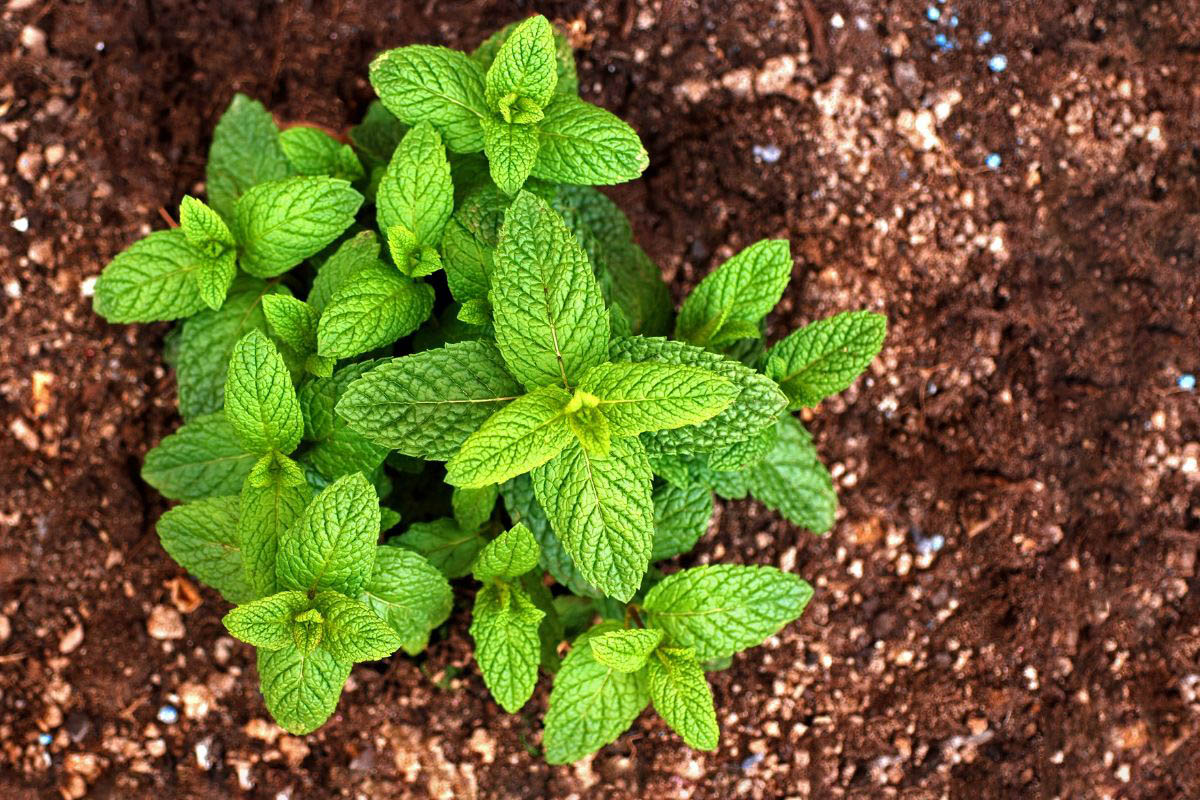
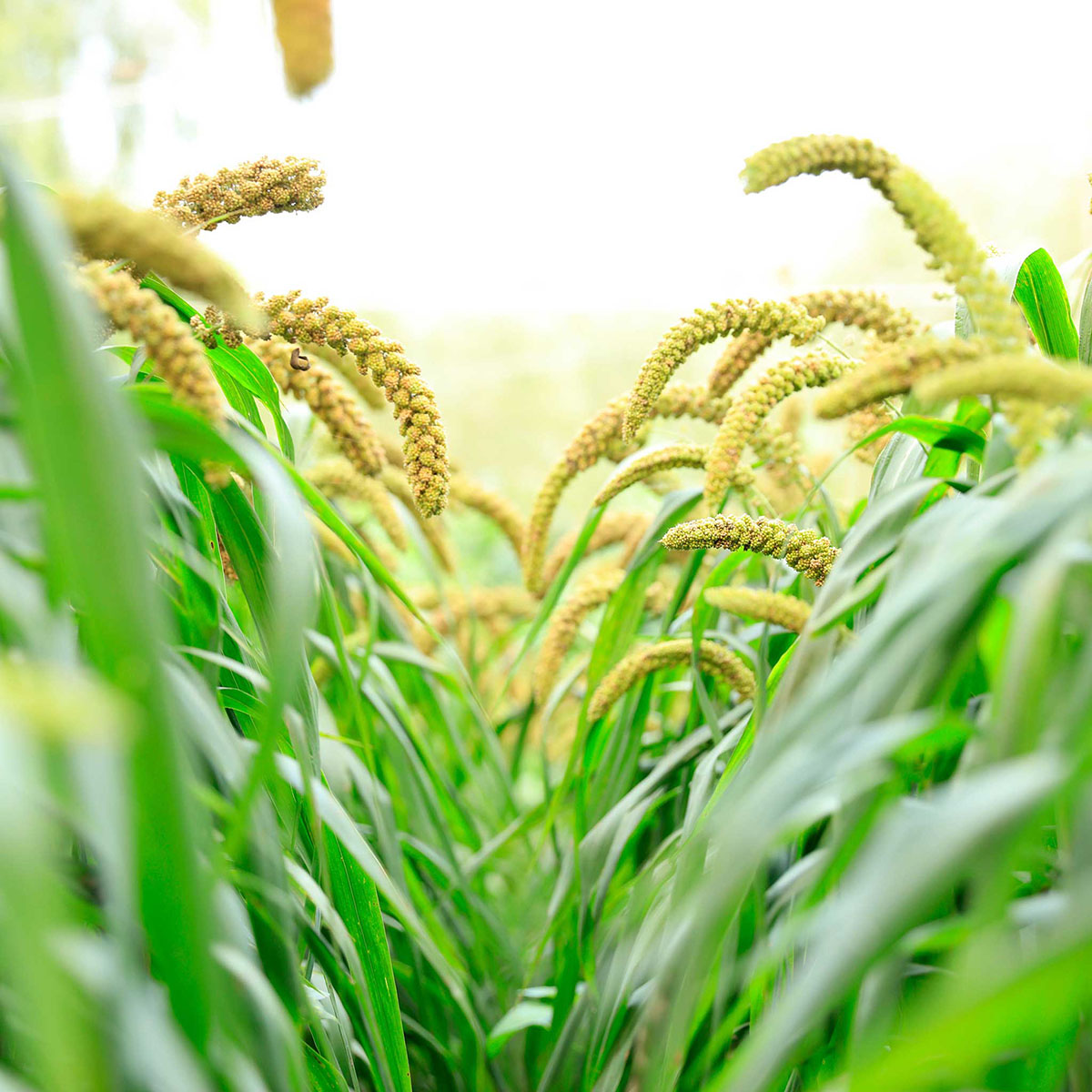


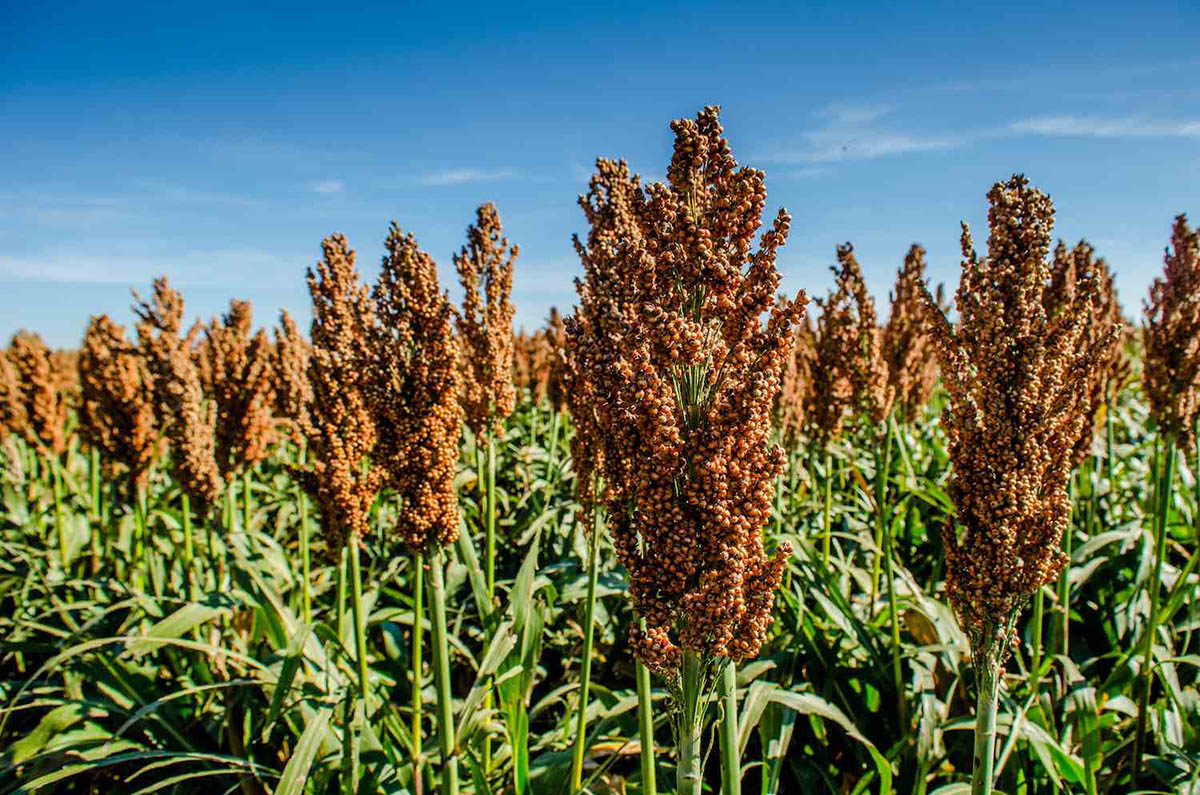


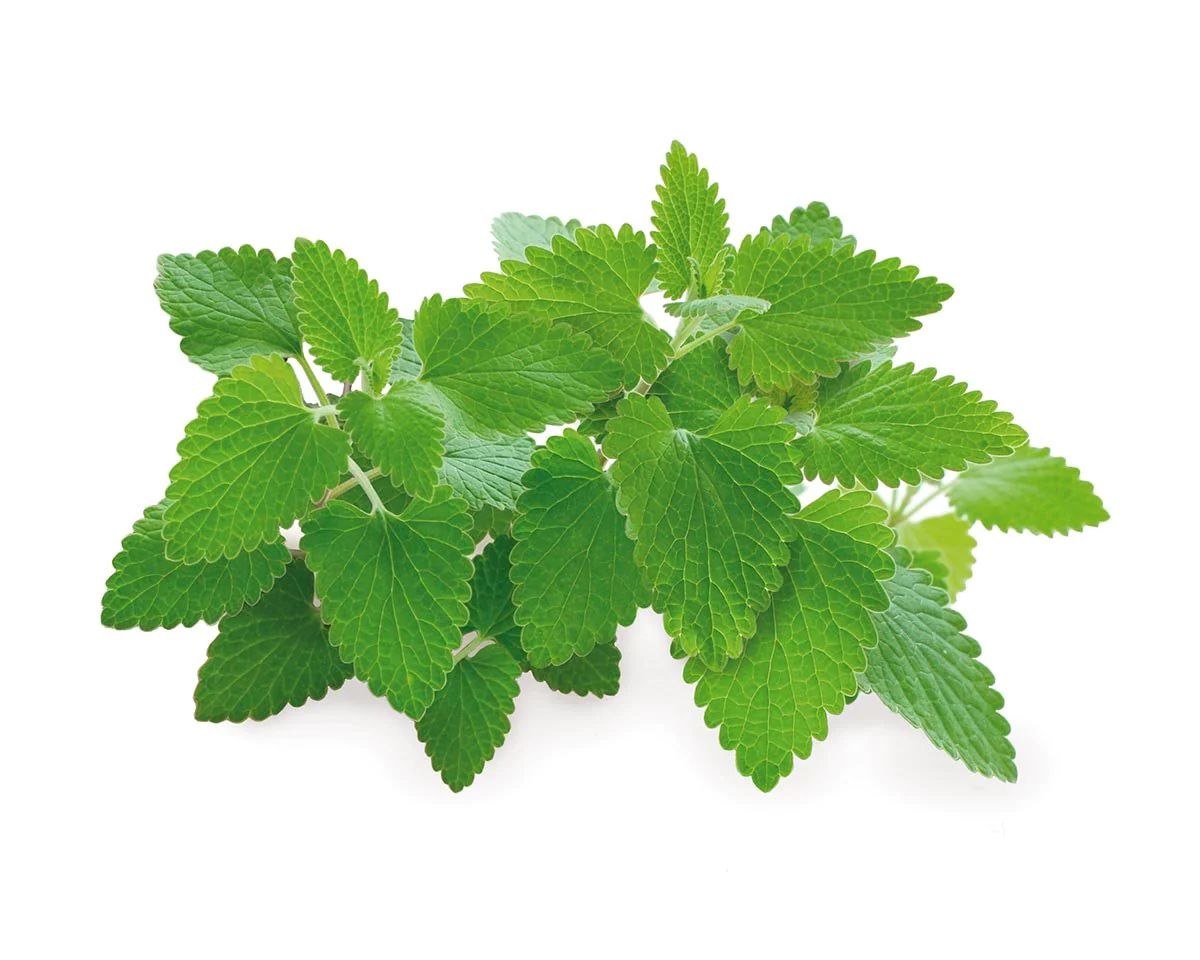
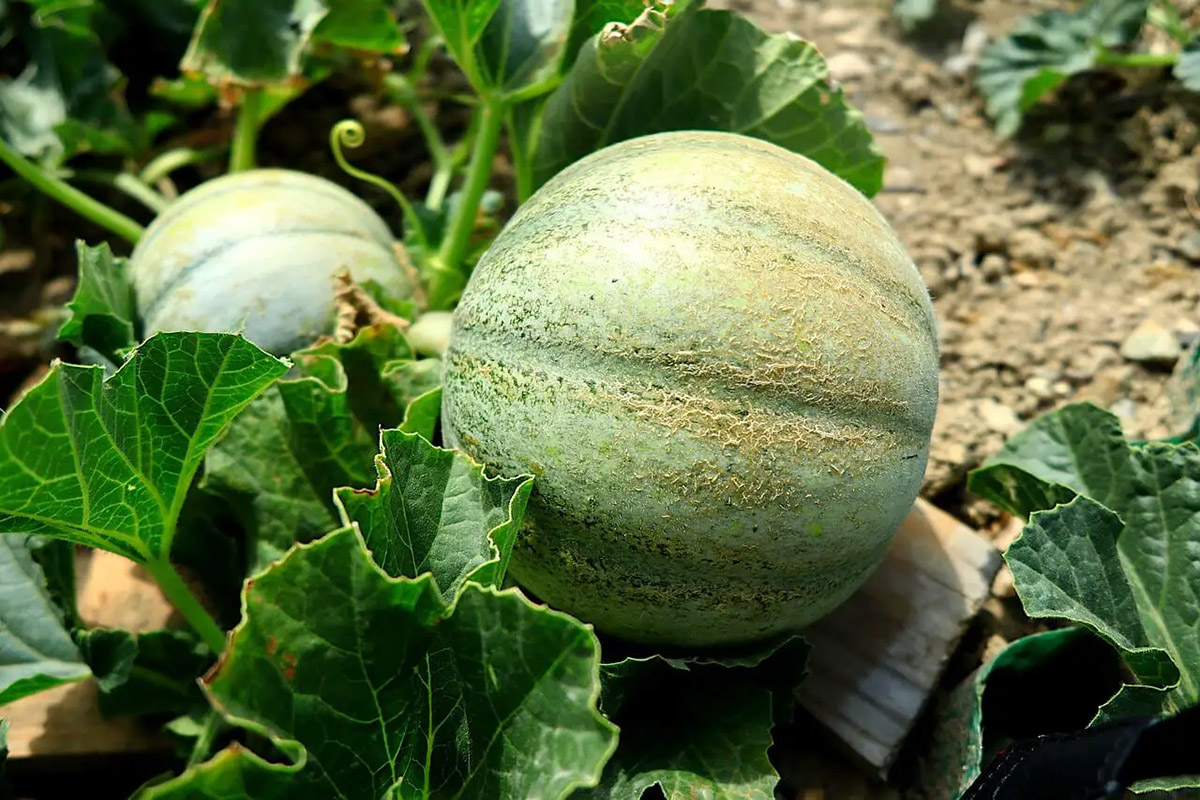
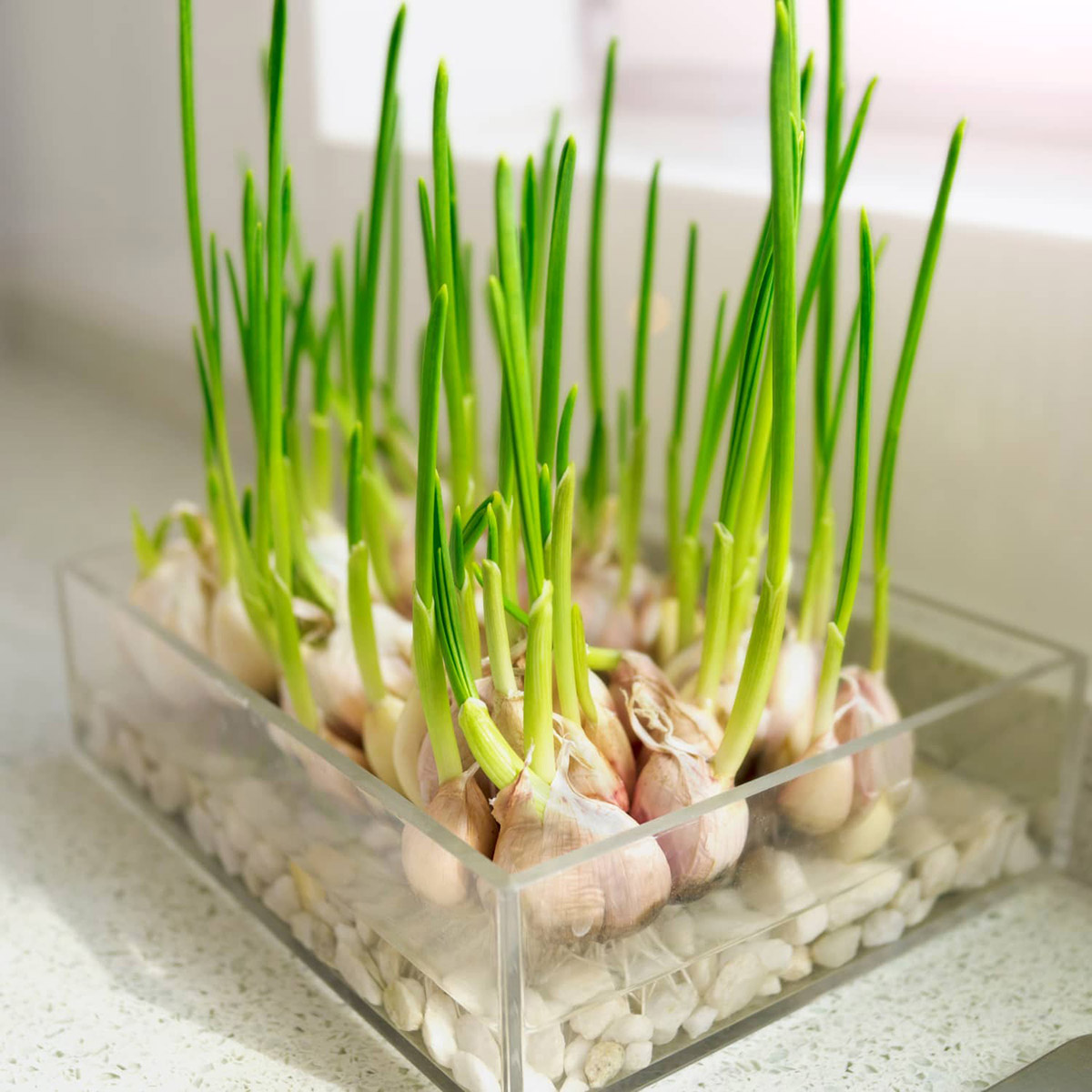

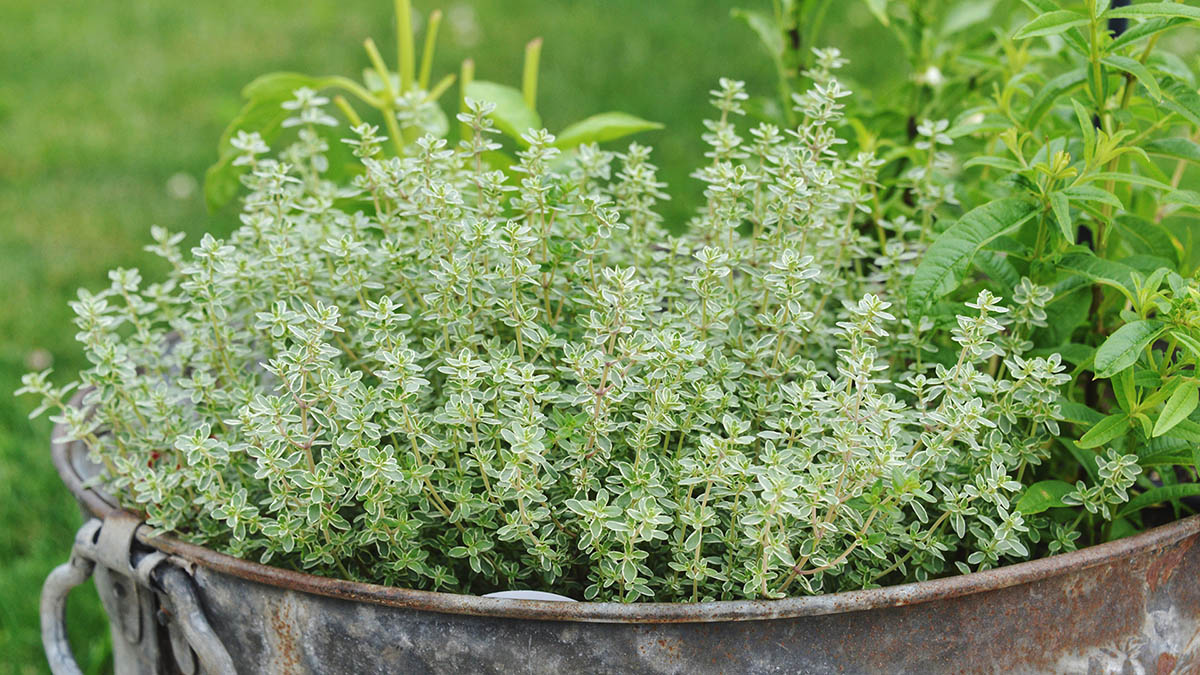

0 thoughts on “How Long Does It Take Fescue To Germinate”